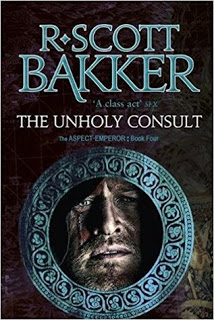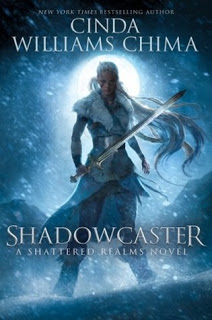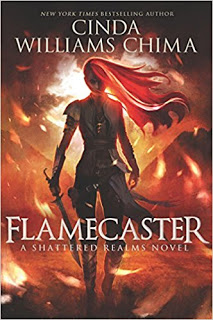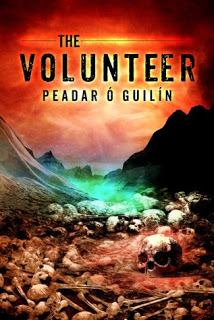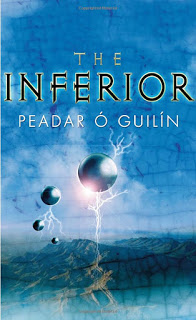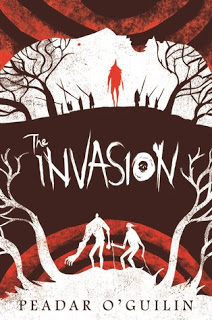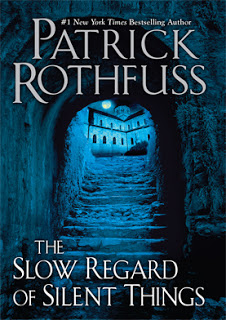Good in Bed Guide to Female Orgasms, by Emily Nagoski
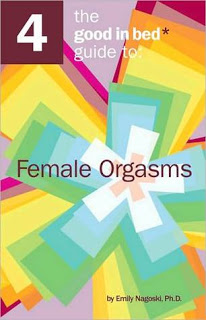 Female Orgasms is not so much as a book, as a really tiny set of chapters that are barely connected to each other. Emily Nagoski is frustrated by the way male standards are used to judge all sexuality and makes a point in this booklet that it is unhelpful, at best. However, while some of the ideas in the book are interesting, to me it seemed as a list of ideas and ramblings gathered together in order to form a volume, with most of the things either really basic or without any narrative or connection to others. 100 ebook pages and 26 chapters, that's saying something.
Female Orgasms is not so much as a book, as a really tiny set of chapters that are barely connected to each other. Emily Nagoski is frustrated by the way male standards are used to judge all sexuality and makes a point in this booklet that it is unhelpful, at best. However, while some of the ideas in the book are interesting, to me it seemed as a list of ideas and ramblings gathered together in order to form a volume, with most of the things either really basic or without any narrative or connection to others. 100 ebook pages and 26 chapters, that's saying something.The book is oriented towards women, with men as a secondary audience. It is not a self-help book for men to become gods in bed, it is a self-help book for women on how to become more aware of their sexuality and enjoy themselves better. Some of the ideas I found interesting are mostly related to expectations. If we know 95% of women masturbate with clitoral stimulation, why do we even consider the necessity for women to orgasm from vaginal intercourse? It's nice when it happens, but as opposed to men, women don't orgasm predictably nor is the orgasm the end purpose of sexual encounter. Another interesting fact is that women are mostly responsive to erotic stimulation, as opposed to men who just wake up one moment wanting to have sex. It's a statistical fact, but still, one to take into consideration. One idea that the author wanted to make clear is that there is only one orgasm: the explosive release of sexual tension. How that tension is generated doesn’t matter (to the orgasm).
An important concept that Nagoski is making efforts to popularize is the one of arousal nonconcordance. In other words, while for men there is a strong correlation between physical sexual arousal and the desire or openness for sex, for women it's not quite so. Experiments of people watching porn while devices compare their sexual arousal and also take their reported input of how aroused they feel show consistently this is true. I do feel, though, that the author pushes a little too far, attempting to completely decouple the declarative and physical arousal. Considering some men use opposing ideas as justification for non consensual sex ("your body wants it, so you must want it" kind of logic) that is understandable, but less scientific than I would have liked.
This book is part of a series about sexuality, written by different authors, called Good in Bed Guide. I found it basic, but probably helpful for a lot of people. I wish it would have been better written and edited, though. Also, try reading this on the subway with a straight face.
